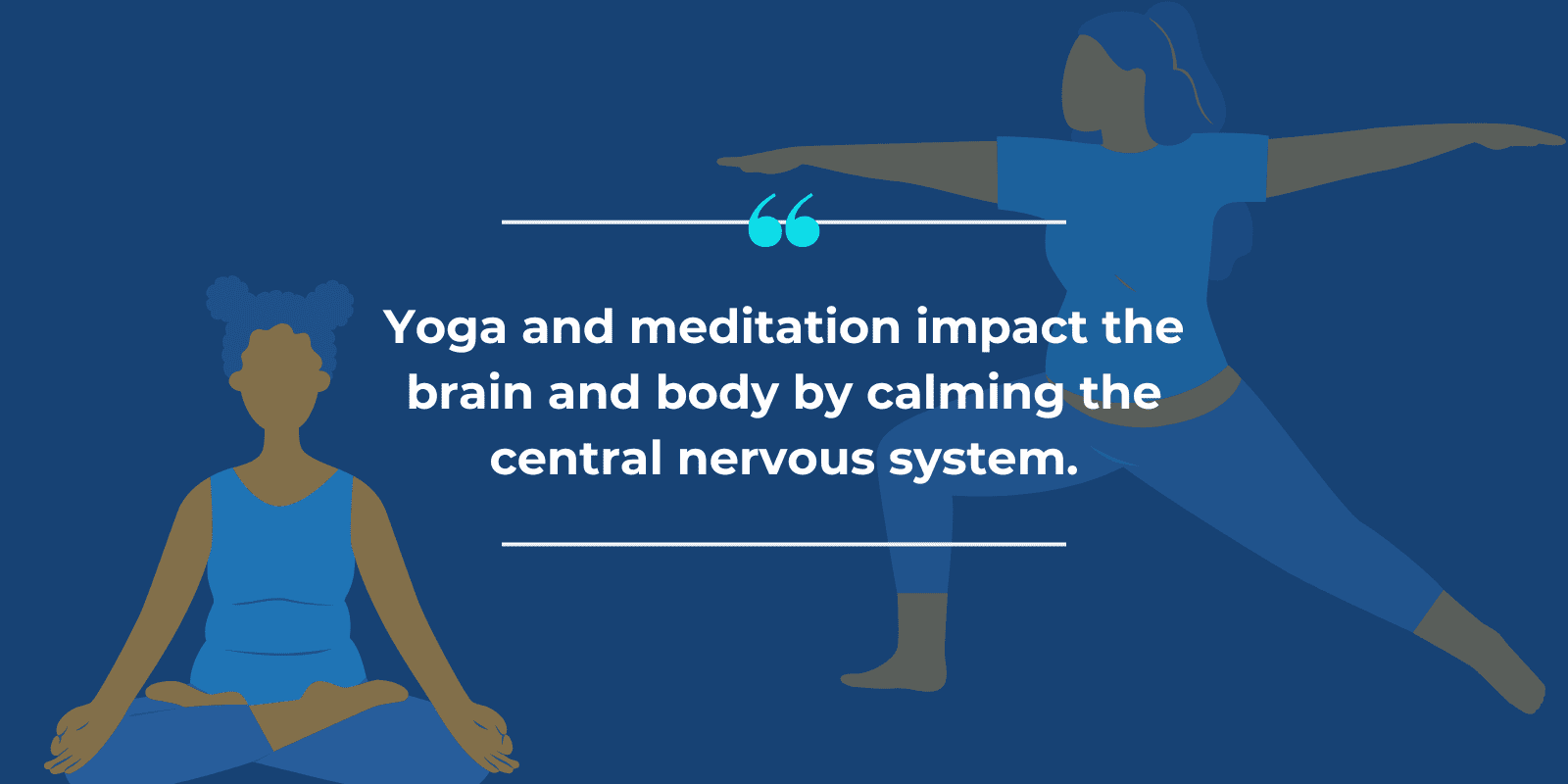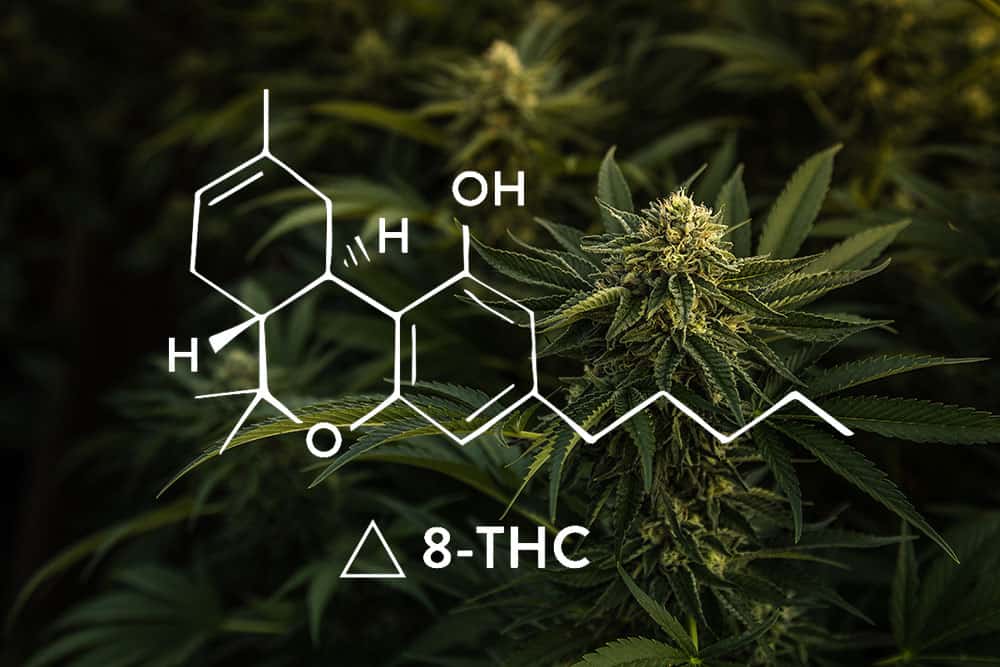The word mindfulness is getting thrown around everywhere from yoga studios to executive offices. What is the deal? How can sitting on a bag full of buckwheat and counting my breaths help me or my loved one stay sober?
In order to answer that we need to look at substance abuse briefly.
Growing Up
Studies show that the human brain is undergoing significant changes until well into the twenties. Adolescent brains are still developing and one key piece is learning how to handle stress.
For teens, emotions are felt more strongly than at any other time in life, but the prefrontal cortex, the part of the brain responsible for decision-making, is not fully developed yet.
This explains why adolescents can often seem reactive, impulsive, and irrational. They also tolerate a higher degree of risk-taking and are less likely to weigh potential consequences appropriately.
The Road to Substance Abuse
There are many elements may lead a teen to use, or abuse, substances. Some factors include:
- Peer pressure, to fit in with peers who are using.
- Enhancing school performance (study drugs)
- A form of rebellion
- As a coping mechanism to manage uncomfortable emotions
- Masking underlying mental health concerns (self-medicating anxiety for example)
While this is by no means a comprehensive list, the pattern is clear: instant gratification with long-term consequences. Experimental use can build to abuse and addiction. If substance abuse continues for long enough, new pathways form in the brain.
It then feels unable to handle situations without the aid of the substance. Addiction also causes other changes in the brain that make it harder for the addict to recognize how their behaviors are affecting them as well as others.
Combine this with underlying mental health issues and it starts to make sense why recovery is so challenging and requires so much support.
When someone is relying on a substance to deal with their emotions, they are not strengthening the neural pathways responsible for emotional regulation.
Feelings often never get stuffed down, creating a downward spiral where the user feels completely stuck and overwhelmed by life’s ups and downs.
For adolescents and young adults, the consistent use of drugs and alcohol can have a lasting impact on their brains. It can basically halt certain developmental processes during a critical time for finalizing brain growth.
Imagine an artist working on a piece of pottery. If they get pulled away in the middle of the process, the clay will dry and become very challenging to change. This is what consistent drug use can do to a developing brain.

Enter Mindfulness Practice
Mindfulness practice has many benefits for anyone who experiences stress, overwhelm, or just feels stuck. Jon Kabat-Zinn, the founder of a technique called Mindfulness-Based Stress Reduction (MBSR), defines it as follows:
“Mindfulness is an awareness that arises through paying attention, on purpose, in the present moment, non-judgmentally”
Practicing this act of paying attention to one’s current experience without judgment is the foundation of most meditation practices and endless techniques have been developed over thousands of years of practice.
Meditation, yoga or other mindfulness exercises can fundamentally change one’s brain.
Studies (See study here) show that consistent daily practice can improve:
- Processing self-relevant information
- Self-control
- Focus, staying on task and problem-solving
- Adaptability
- Interoception (the ability to feel stimuli in the body)
- More kindness towards self and others
All of these qualities can enhance anyone’s quality of experience, especially when dealing with addiction. Self-control is particularly important as people struggling with addiction often feel out of control without using.
Also, cravings are sensations in the body and increased awareness can help people notice the cravings sooner, so that they can be proactive in seeking help or using a positive coping skill before their urge to use becomes overpowering.
In short, developing a consistent practice is like going to the gym, but for your mind. People are more likely to get and stay sober when they practice mindfulness.
For people whose brains are still developing these qualities strengthen the parts that help them assess risk (self-relevant processing), and deal with stressful situations and intense emotions (self-control).

Where to Start
So you see the benefits of getting going on some kind of mindfulness practice for yourself or someone you love, but you’re not sure where to start? Maybe you feel hesitant or daunted by the process.
Remember that the goal is not to judge, so you can start this very moment by just recognizing what your reaction is to the idea of a mindfulness practice and practicing gentleness towards yourself.
Here are a few tips and resources for starting a practice:
- Check out Headspace, a great app that introduces the basic concepts of meditation in a very simple and accessible way. The first 10 guided meditations are free and then a subscription is required to get full access. Calm.com is also a great place to start.
- Find a meditation group near you, so that you and attend their practice sessions.
- Go to a slower yoga class (Hatha, Yin, Restorative) where you can practice listening to your body.
- Incorporate mindfulness into your treatment plan. Start small until the rewards become self-evident.
Remember that in the case of addiction, which is often linked to other mental health disorders, mindfulness practice is just a piece of the puzzle. Seek professional help if you believe that you or someone you love is struggling with addiction.
Contact us at (888) 850-1890 to talk about an individualized treatment plan.






